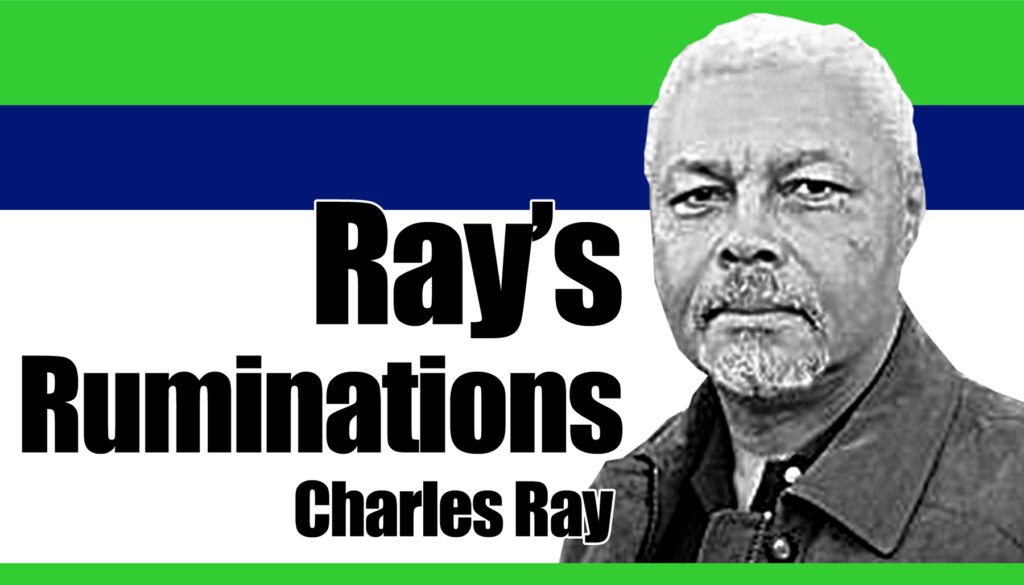
How sharp is your critical thinking? If you’re scratching your head in confusion over that question, you probably need to improve your skill in this essential capability.
Critical thinking is the disciplined process of conceptualizing, applying, analyzing, synthesizing and evaluating information. This means objectively analyzing the information your receive, making reasoned judgments base on your analysis, and in addition, evaluating the evidence you gather from observation, reading, and experimentation. In today’s world, with disinformation coming at us from all corners, the ability to tell truth from lies and fact from fiction is more important than ever.
In order to be an effective critical thinker you need to be able to embrace multiple, often opposing, points of view, and use your observation skills to identify weaknesses and incongruities in the information being presented to you. Good critical thinkers are good at taking in new information, they make better decisions, and they tend to be more objective and reasonable when engaging in debates with others.
While this might sound like a modern coined phrase from what a lot of the purveyors of disinformation like to call ‘woke’ culture, critical thinking has ancient roots. The Greek philosopher Socrates is credited with being one of the first people to encourage his students to think critically about their beliefs and ideas, to question their assumptions so that they would be able to see any flaws in their reasoning. This, unfortunately, is a trait that seems to be in short supply currently.
Critical thinking is important to success in a career or in academic endeavors, but it’s also valuable in everyday life. With the torrent of disinformation on social media and even in mainstream news media, those who accept what they hear uncritically, or who only pay attention to the information that validates their existing beliefs, are constantly victimized by those who distribute such information. The individual lacking critical thinking skills is like a sheep being led to slaughter, unaware of the peril until the axe falls, when it’s too late.
Good critical thinking doesn’t come naturally, but it can be developed—and should be. According to a 2018 study conducted by three Portuguese researchers at the University of Aveiro, only 45 percent of college students studied reported that their critical thinking skills had improved after two years of college. We can, however, improve these skills on our own. There are a number of relatively easy steps that can be followed.
1. Be curious by choice. Don’t be afraid to constantly ask why and look into all sides of issues.
2. When encountering any new information, break it down into its basic components. You can get practice in this by working puzzles and mind games.
3. Be introspective. Take a look at your own thoughts and feelings about an issue from an outsider’s point of view. Look for patterns in your thinking that might indicate a bias.
4. Learn to distinguish between inferences and assumptions. An inference is a logical conclusion based on objectively reviewing the facts, events, and ideas available to you, while assumptions are decisions based on what we think we already know or what we believe. Both can be valid or invalid, but inferences are more rational because they’re backed by data.
5. Learn to be observe effectively. Don’t just ‘look’ at a situation, but try to ‘see’ it from all angles. Be aware of your surroundings at all times and use all your senses.
6. Make the unfamiliar and new a part of your daily routine. Be open to new experiences, ideas, and people, and meet them with compassion and an open mind.
7. In debates or arguments remain relevant. Too often, purveyors of disinformation will introduce non sequiturs into an argument to divert attention away from the weakness of their initial argument. Learn to identify them and avoid doing it yourself.
These fairly simple steps won’t turn you into a Socrates overnight, but they will enable you to more effectively evaluate the information you receive, and make more rational decisions. In time, they become second nature and armor you from the onslaught of dreck that we’re all subject to.
Happy thinking. | NWI



